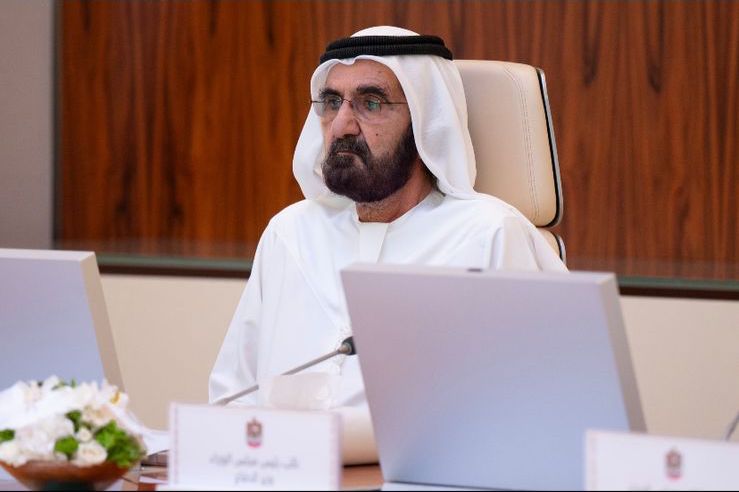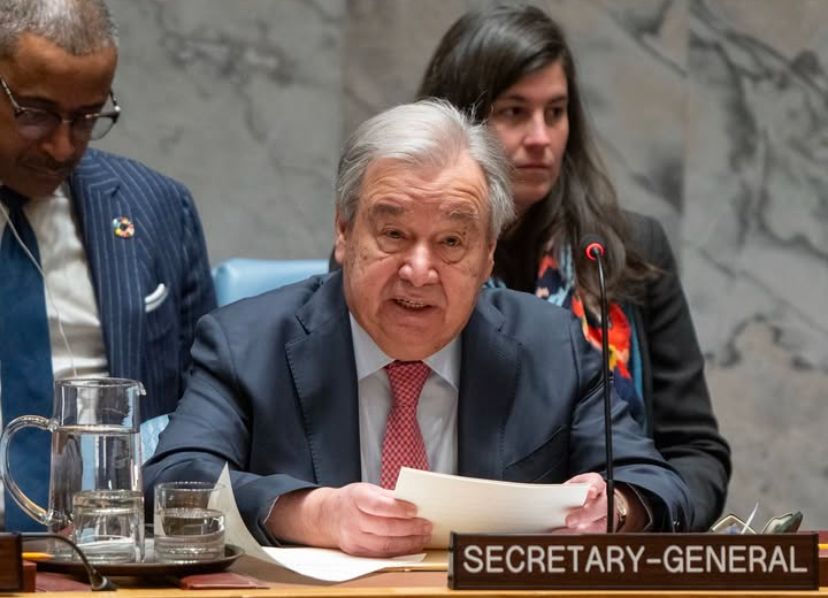Iran Gears Up for Crucial High-Stakes Nuclear Negotiations with Key European Powers

In a move set to shape the course of global diplomacy, Iran will engage in nuclear discussions with European powers Britain, France, and Germany on Friday in Istanbul. The dialogue arrives at a time when warnings from the European trio grow louder, threatening the reimposition of international sanctions if Iran fails to show concrete progress on nuclear commitments. As global attention shifts to this pivotal meeting, it could mark either the resurgence of negotiations or the beginning of renewed confrontation between Tehran and the West.
The Setting: A New Round of Nuclear Talks in Istanbul
The Iranian Foreign Ministry confirmed that the meeting will take place at the deputy foreign minister level, and will include representatives from Britain, France, and Germany often collectively referred to as the E3. Spokesperson Esmaeil Baghaei, quoted by Iranian state media, stated that this initiative seeks to address unresolved issues stemming from Iran’s controversial nuclear program, and the possible restoration of talks that were disrupted earlier in the year.
The discussions are occurring in Istanbul, a city long recognized as a diplomatic gateway between East and West. This is the first formal engagement between the E3 and Iran since a series of hostilities involving Israeli and U.S. airstrikes on Iranian nuclear infrastructure shook the region just one month ago.
Diplomatic Pressure: Europe’s Snapback Warning
Earlier this week, the E3 nations delivered an unequivocal warning: restart the talks or face the consequences. The three European powers, who remain signatories to the 2015 Joint Comprehensive Plan of Action (JCPOA) from which the United States withdrew in 2018 have expressed deep concern over the stagnation of diplomacy.
The E3 stated that they are prepared to invoke the United Nations “snapback” mechanism. This clause in the JCPOA allows for the automatic reimposition of international sanctions if Iran is found to be in significant non-compliance with the nuclear deal. Their deadline? The end of August 2025.
This ultimatum places heavy diplomatic pressure on Tehran, signaling that Europe is no longer willing to tolerate prolonged deadlock or incremental violations. Officials insist that Iran must either return to compliance or risk further international isolation.
Iran’s Firm Stance: Resistance to Coercion
Iranian Foreign Minister Abbas Araqchi responded firmly to Europe’s threat of sanctions, accusing the E3 of relying on outdated strategies of pressure and intimidation. In a statement earlier this week, he criticized the snapback mechanism as being both morally unjustified and legally unsound.
Araqchi emphasized that if Europe intends to maintain its diplomatic credibility, it must abandon coercive tactics and instead focus on meaningful engagement. He reiterated Iran’s position that the snapback threat undermines trust and disrupts the potential for real progress.
He was quoted as saying, “If the EU and the E3 want to have a role, they should act responsibly and put aside the worn-out policies of threat and pressure, including the ‘snap-back’ for which they lack absolutely any moral and legal ground.”
Background to the Crisis: From Deal to Disruption
The JCPOA, signed in 2015 between Iran and six world powers (the UK, France, Germany, China, Russia, and the U.S.), was a landmark agreement that aimed to curtail Iran’s nuclear capabilities in exchange for the lifting of economic sanctions. However, in 2018, the United States unilaterally withdrew under the Trump administration, reimposing severe sanctions on Iran.
Since then, Iran has steadily scaled back its compliance with the deal, enriching uranium beyond agreed limits and expanding its nuclear infrastructure. Although European powers have made repeated efforts to salvage the agreement, progress has remained elusive, especially after the U.S.–Iran diplomatic track stalled.
The situation deteriorated further following a series of airstrikes by Israel and the United States on suspected Iranian nuclear and military facilities. These incidents, which occurred about a month prior to the Istanbul talks, have further eroded trust between Tehran and Western capitals.
What’s at Stake: More Than Just a Deal
The stakes in Istanbul are high. Should the talks fail to generate momentum, the E3 will likely proceed with reactivating UN Security Council sanctions a step that could worsen Iran’s economic hardships and deepen its diplomatic isolation.
More importantly, failure could embolden hardline elements within Iran’s political system, which have long opposed compromise with the West. It may also result in accelerated nuclear development, leading to heightened tensions across the Middle East, including the Gulf Cooperation Council (GCC) countries such as the UAE and Saudi Arabia.
For the European Union, failure in these talks would represent a significant diplomatic setback, especially after years of positioning itself as a mediator in a post-American withdrawal landscape.
The U.S. Factor: Present but Absent
While the United States is not part of the Istanbul talks, it remains closely aligned with the European position. U.S. officials, including Secretary of State Marco Rubio, have reportedly been coordinating with the E3, agreeing on the need for an August deadline.
The Biden administration previously indicated its openness to returning to the JCPOA under mutually agreeable terms. However, domestic political constraints, coupled with escalating regional tensions, have prevented Washington from taking a more active role in recent months.
U.S. officials have stressed that diplomacy remains their preferred path, but they too have signaled readiness to reimpose sanctions if Iran continues to escalate its nuclear activities.
Iran’s Preconditions and Red Lines
The Iranian Parliament has made clear that it will not resume negotiations with the U.S. unless certain preconditions are met. These include:
- Assurances against future military strikes
- Lifting of key economic sanctions
- Recognition of Iran’s right to peaceful nuclear energy
In addition, Tehran has repeatedly refused to negotiate on its missile program or regional influence, both of which the West views as critical to long-term stability.
Iran insists that its nuclear ambitions are purely for civilian purposes, but Western intelligence agencies continue to express concerns over the potential for weaponization of its nuclear infrastructure.
Friday’s Meeting: Possibilities and Probabilities
Diplomatic sources suggest that the Istanbul meeting may serve as a preparatory round, laying the groundwork for further talks at the foreign minister level. While expectations are modest, even a joint statement committing to continued dialogue would be considered a positive outcome.
- Among the key points expected to be discussed:
- Iran’s current uranium enrichment levels
- Restoration of International Atomic Energy Agency (IAEA) inspections
- Gradual lifting of sanctions based on verified compliance
- Timelines for a return to full JCPOA terms
European diplomats remain hopeful that dialogue in Istanbul can de-escalate immediate tensions and establish a framework for broader negotiations in the coming months.
Implications for the UAE and the Wider Gulf
For the United Arab Emirates, and other nations in the GCC, the outcome of the Istanbul meeting is of profound importance. Renewed negotiations could:
- Ease regional security tensions
- Stabilize oil markets affected by uncertainty
- Reinforce diplomatic efforts in conflict-prone areas such as Yemen, Iraq, and Syria
On the other hand, failure could lead to more military confrontations or proxy conflicts, all of which impact the UAE’s strategic and economic interests. As a rising diplomatic actor, the UAE has the opportunity to contribute to regional mediation if the talks advance.
A Defining Test for Regional Diplomacy
The upcoming nuclear talks in Istanbul are more than a technical discussion they are a test of global diplomacy, a reflection of Middle Eastern geopolitics, and a measure of Europe’s capacity to influence international affairs without American leadership at the forefront.
Whether Iran chooses to engage or entrench will determine not just the fate of the JCPOA, but the broader future of nuclear diplomacy in a multipolar world. For now, all eyes remain fixed on Istanbul, where hope, pressure, and stakes converge.







